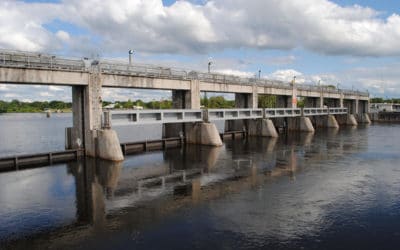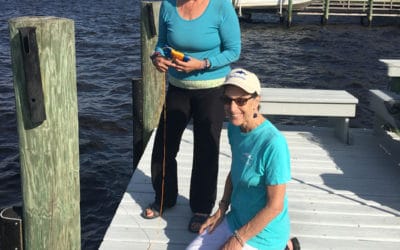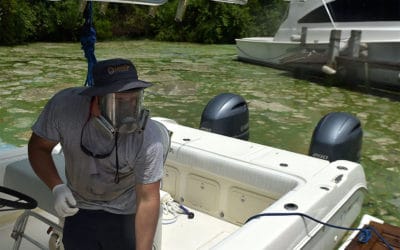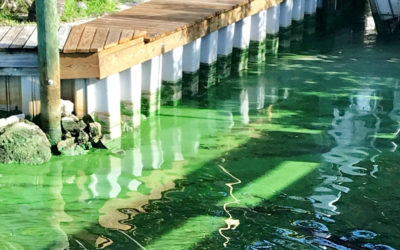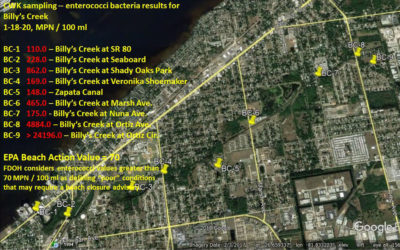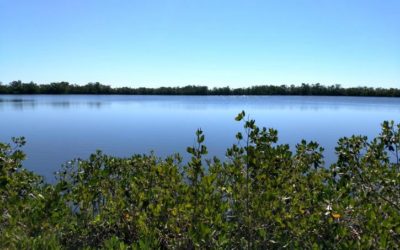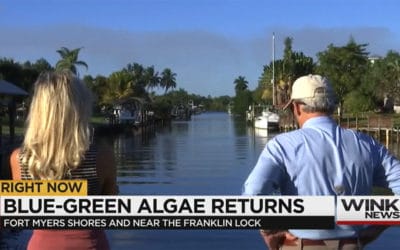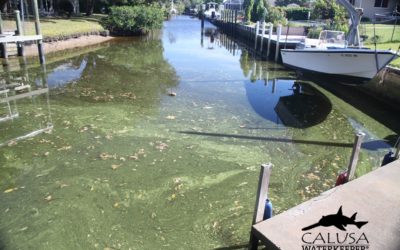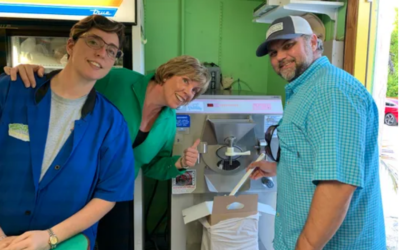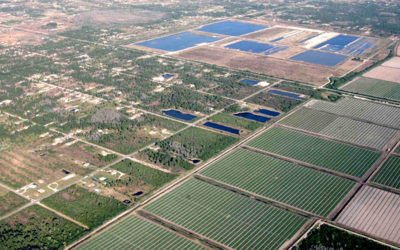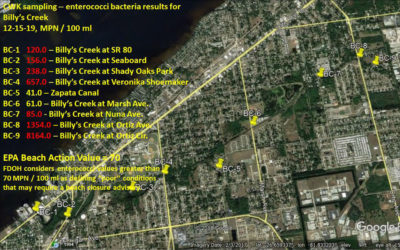Calusa Waterkeeper
In the News
Sparse January Rains have left Southwest Florida Parched
January has turned out to be all dry, and meteorologists are calling for above-average temperatures between now and the start of the rainy season in May. Wildfire season is here; Lake Okeechobee levels are receding; the Caloosahatchee River isn’t getting the water it needs, environmental groups say; and the historic Everglades is getting crispy dry.
CWK Ranger Profile – Maggie Stevens
Maggie has admired the work of the Calusa Waterkeepers because it transcends politics and focuses on a quality of life issue. What is more vital than clean water? After the catastrophic blue-green algae disaster in 2018, Maggie felt she needed to be more active and not just sit on the sidelines writing legislators.
We Need Action Now to Combat Health Risks Posed by Toxic Algae Blooms
The causes of harmful algal blooms (HABs) are no mystery: expanding residential and commercial development and agri-business contribute to the increasing flow of nitrogen and phosphorus that spawn HABs in Lake Okeechobee and on the east and west coasts.
Florida Lawmakers Advance Fight Against Blue-Green Algae
The one-two punch of HAB’s in 2018 startled environmentalists and underscored the urgency now propelling efforts in Florida’s Capitol to act against algal blooms in lakes and coastal waters. Now, a package of proposals is wending its way through legislative committees that attempt to better control pollutant-laden runoff that nourish the blue-green algae.
Billy’s Creek Enterococci Sampling Results, January 2020
Poor results at every station on Billy’s Creek this month. Extremely high contamination at the Ortiz and Ortiz Circle stations as is almost always the case. Thanks to retired engineers and CWK Rangers Chris and Ed Shinouskis for their help collecting and analyzing samples.
Lawmakers to Consider Algae Task Force Recommendations this Session
Lawmakers are pushing several bills this session that have regulatory implications as the state tries to rid its waters of blue-green algae and similar pollution. The recommendations came from the Blue-Green Algae Task Force, a group of five scientists who meet regularly to discuss water issues like pollution, toxic algae blooms and septic tanks.
Our Most Valuable Waters are Under Siege
FDEP declared Estero Bay impaired for nutrient pollution in 2019. The shock effect of hearing that water quality is in crisis does not seem to have the same impact after recent massive algal blooms and red tide until you realize that many of the Florida waters impaired are iconic waters of national significance that, ironically, are subject to the most regulatory protection.
Blue-Green Algae Returns to Fort Myers Shores
John Cassani said to see algae in the middle of the dry season is unusual. ”When it’s calm and the wind starts blowing, those tend to stick together,” Cassani said. “Then they produce polysaccharide that enables them to kind of glue together and forms those mats.” Cassani is talking about big green chunks seen in canals in 2018.
Health Department will Post Warning Signs for Blue-Green Algae Spotted in Calossahatchee
Just in time for the height of tourist season, patchy slicks of blue-green algae are showing up in the Caloosahatchee, including at one of the river’s popular access points, the Davis Boat Ramp. Although users launching boats and watercraft at the ramp saw no warning signs about the potential dangers of contact cyanobacteria.
Vice President Mike Pence Visits Sanibel Island during Ice Cream Flavor Debut
As news of Vice President Mike Pence’s visit to Southwest Florida solidifies, Sanibel’s Best Homemade Ice Cream is set to debut an all-new flavor colored in “Bright Azure”, developed my Captain’s for Clean Water co-founder, Chris Wittman to support their organization’s efforts in 2020.
Citizen Engagement Is Key to Protecting Our Environment In 2020
For all of us in Southwest Florida, the past few years have certainly amplified the importance of citizens gathering together to shape our future in a better way, especially in regard to our water crisis and the challenges of growth in our region.
Billy’s Creek Enterococci Sampling Results, December 2019
Calusa Waterkeeper sampling results for enterococci bacteria at Billy’s Creek in Ft. Myers on 12-15-19. Serious contamination persists. The dredging this year did not mitigate the bacterial contamination.

























